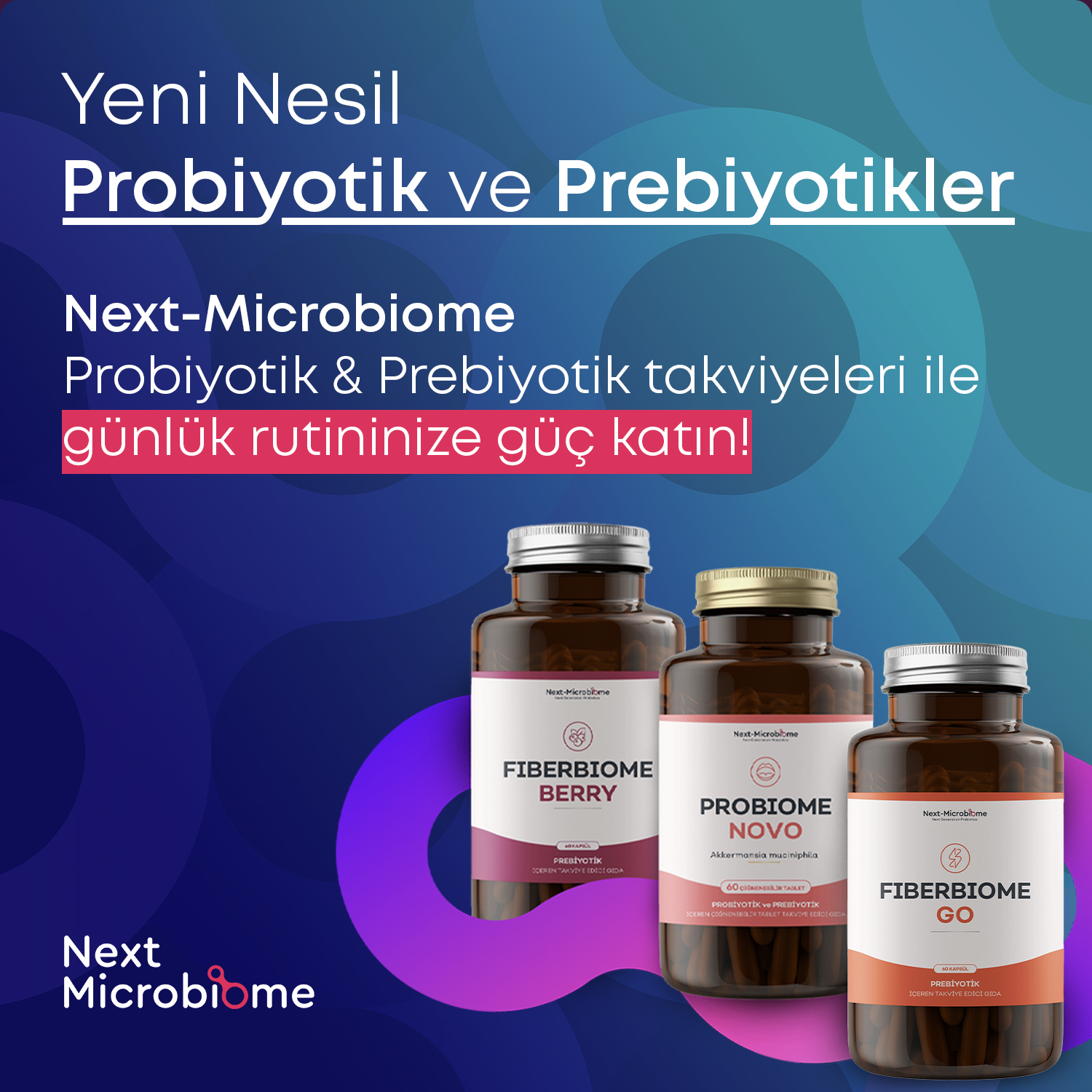We are living on a planet that is over 4.5 billion years old. Considering that the oldest rock is around 3.8 billion years old, the oldest bacterial fossil is 3.5 billion years old, and modern humans have only been around for approximately 50,000 years, it's easy to understand that bacteria have thousands, even tens of thousands, of times more life experience than humans.
Over the past 3.5 billion years, bacteria have coexisted harmoniously with all life forms on Earth – from fish in the depths of the oceans to trees, bubbling hot springs, wild grasses, cats, birds, dogs, and all multicellular organisms.
Throughout this billion-year-long journey, bacteria have communicated with other living organisms at the molecular level, promoting their optimal health. However, with the emergence of modern humans, bacteria faced a vital threat. Humans not only introduced chemicals to every corner of the planet but also poisoned the entire ecosystem with agricultural pesticides, exhaust fumes, industrial chemicals, and covered the soil with concrete and asphalt, destroying their connection to the soil (bacteria) and confining themselves within an artificial aquarium. This aquarium, poisoned with different chemicals each day, has also eroded our microbiota. The happiness, tranquility, energy, and dynamism brought by a healthy microbiota have been eradicated by modern life, confined within this toxic aquarium (urban environment).
I understand that most of us don't have the luxury to live the way ancient humans did, in nature among flowers, insects, and trees. However, let's start by supporting our microbiota with compatible probiotics, prebiotics, and plant extracts that humans have used for tens of thousands of years to help achieve the health that our ancestors enjoyed.
Another point I'd like to highlight is the significance of forest bathing and our furry companions for our microbiota. When we come into contact with other members of the microbiota on Earth, the metabolites produced by transient probiotics contribute to the release of serotonin in humans. For example, hugging a tree leads to a cascade of microbiota raining down from the tree, making the person feel more at peace. Similarly, walking in the rain and smelling the rain's fragrance also brings a sense of calm and serenity – the rain's scent is actually a distinctive aroma from a bacterial family, triggering serotonin production in humans.
Being a part of another microbiota family in nature revitalizes and activates our microbiota as human beings. This phenomenon holds true for our furry companions and other animal friends as well. Our animal companions aren't just our friends; they become friends to our microbiota, providing positive support.
In conclusion, achieving a balanced microbiota involves not only consuming probiotics, prebiotics, and a diet rich in greens but also spending time in nature and having plenty of contact with animal friends.

